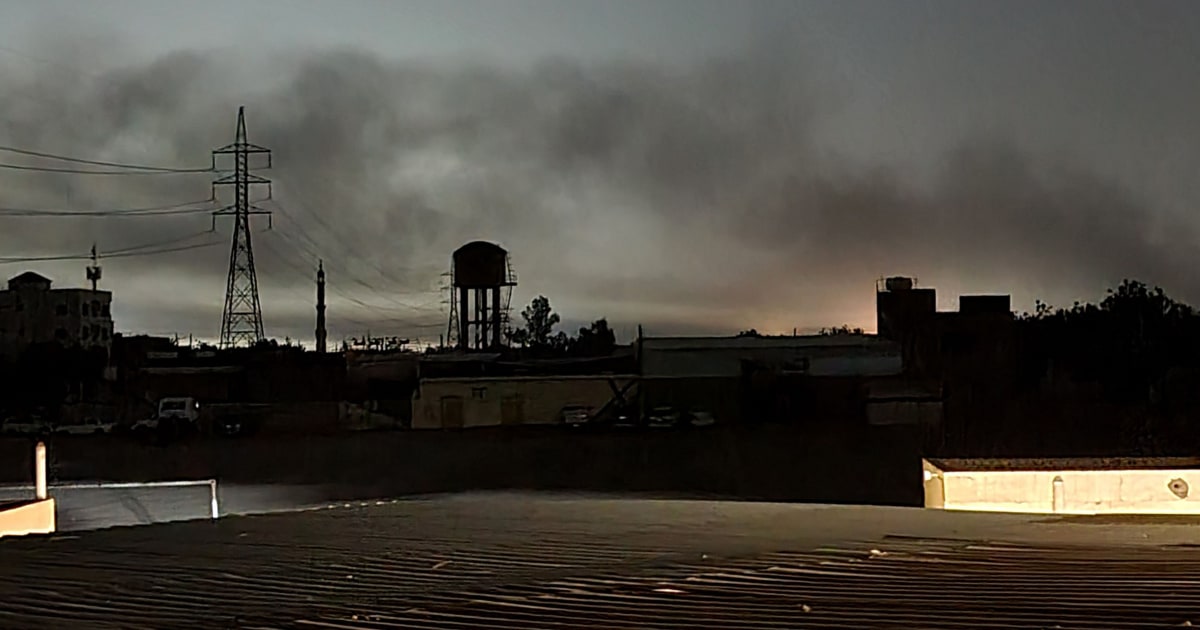Key takeaways:
- Hundreds of people have been killed in the conflict between the army and Rapid Support Forces paramilitary in Khartoum, Bahri, and Omdurman.
- Residents of the cities are facing shortages of food and basic supplies, power outages, and communications disruptions.
- The international community has called for an immediate ceasefire and for the warring factions to come to the table to negotiate a peaceful solution.
Sudan’s capital of Khartoum is in a state of chaos as warring military factions continue to battle despite cease-fire talks in Saudi Arabia. The conflict has been ongoing for one month, leaving hundreds dead and the city in a state of disarray. Families are huddling in their homes to avoid stray bullets, while also facing shortages of food and basic supplies, power outages, and communications disruptions. Charred aircraft lie on the airport tarmac, foreign embassies are closed, and hospitals, banks, shops, and wheat silos have been looted.
Residents of Khartoum and the adjoining cities of Bahri and Omdurman across the Nile’s two branches have been the main targets of the conflict between the army and Rapid Support Forces paramilitary. Salma Yassin, a teacher in Omdurman, reported that heavy air strikes near her home shook the doors of the house.
The conflict has been devastating for the city, which was once a place of relative stability and wealth, even under decades of sanctions against former strongman Omar al-Bashir. The fighting has shown no signs of slowing down, and the people of Sudan are desperate for a resolution.
The international community has called for an immediate ceasefire and for the warring factions to come to the table to negotiate a peaceful solution. However, with no sign of the violence abating, the future of Sudan remains uncertain.



Be First to Comment